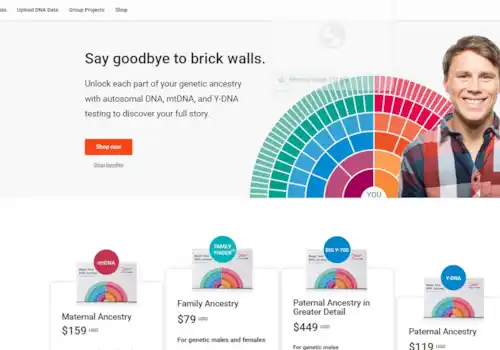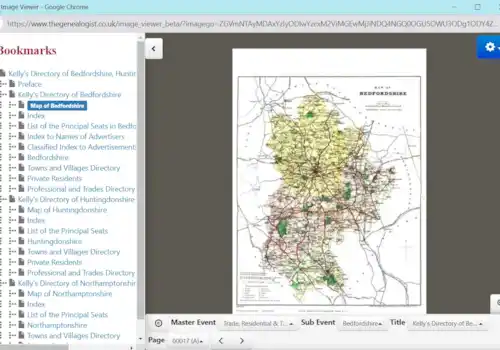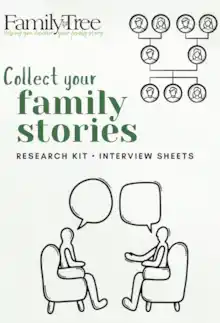25 May 2018
|
The Foundling Museum in London has presented a new series of site-responsive installations by British artist Jodie Carey.
The Foundling Museum in London has presented a new series of site-responsive installations by British artist Jodie Carey. The museum, based in Bloomsbury, tells the story of Britain's first home for abandoned children, named The Foundling Hospital, which took the first infants into its care in 1741.
Drawing inspiration from the 18th-century fabric tokens left by mothers with their babies at the Foundling Hospital as a means of identification, Sea is a large-scale installation for Museum’s exhibition gallery. Sea is formed of hundreds of swatches of fabric that have been dipped in liquid clay and fired to create delicate, white ceramic fragments that cover the gallery floor.
Follow us on facebook
Follow us on twitter
Sign up for our free e-newsletter
Discover Family Tree magazine
During the firing process, the fabric burns away leaving only a trace of its weave and pattern, echoing the fragility of the textile tokens which are one of the few remaining and tangible connections between each mother and her child.
Among the Museum’s historic Collection on the first floor, two monumental works explore ideas of memory and time. Found is formed of 18 life-size, totemic sculptures that crowd the Anteroom, each cast from the void left by rolls of fabric buried in soil.
Found creates 'an environment that feels both natural and sacred, and suggestive of a ruin or archaeological find'. The poured plaster bears traces of the land in which the sculptures were cast – centuries of soil, stones and plant roots. '
A 'deeply moving' museum








.jpg)
